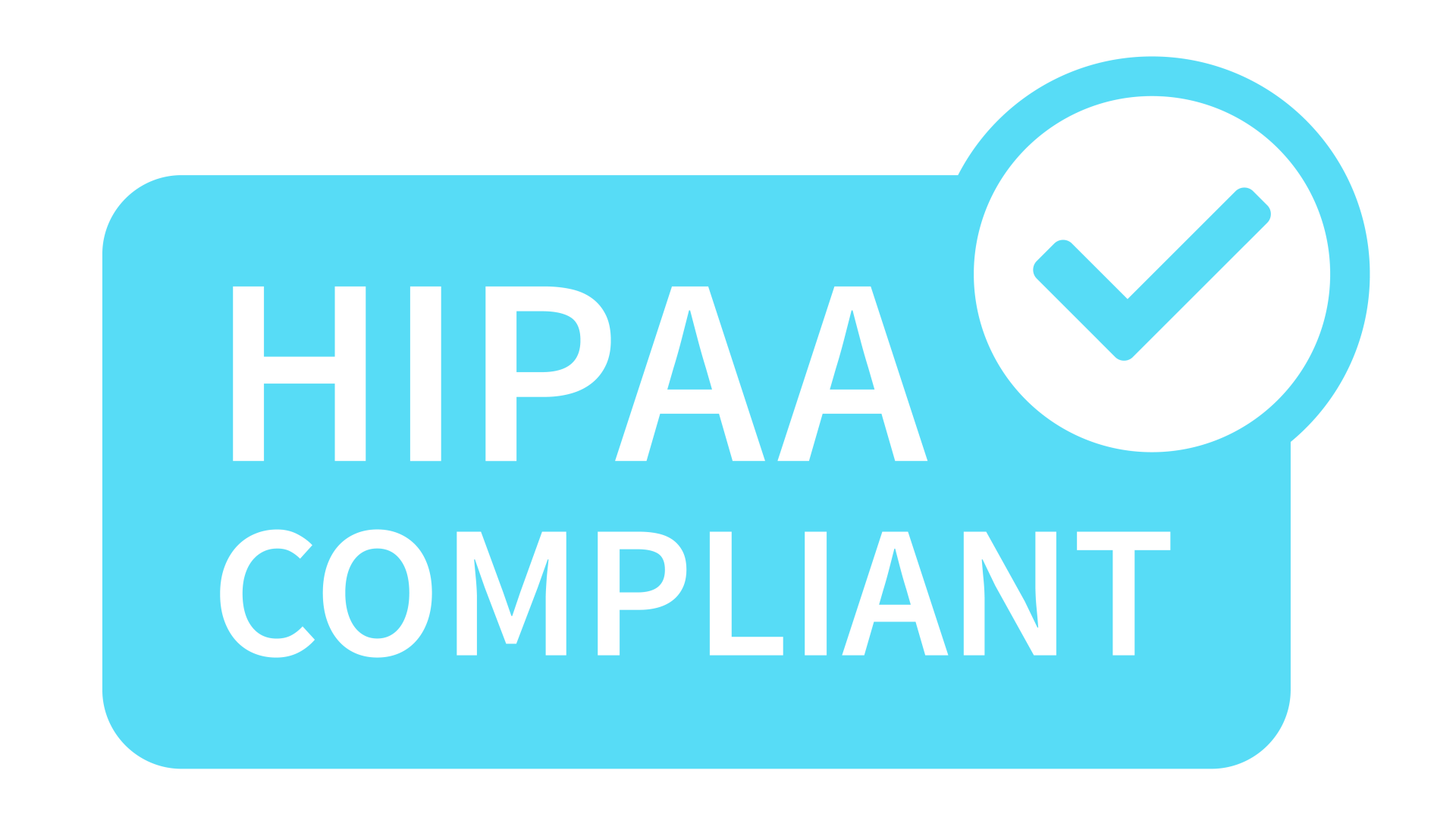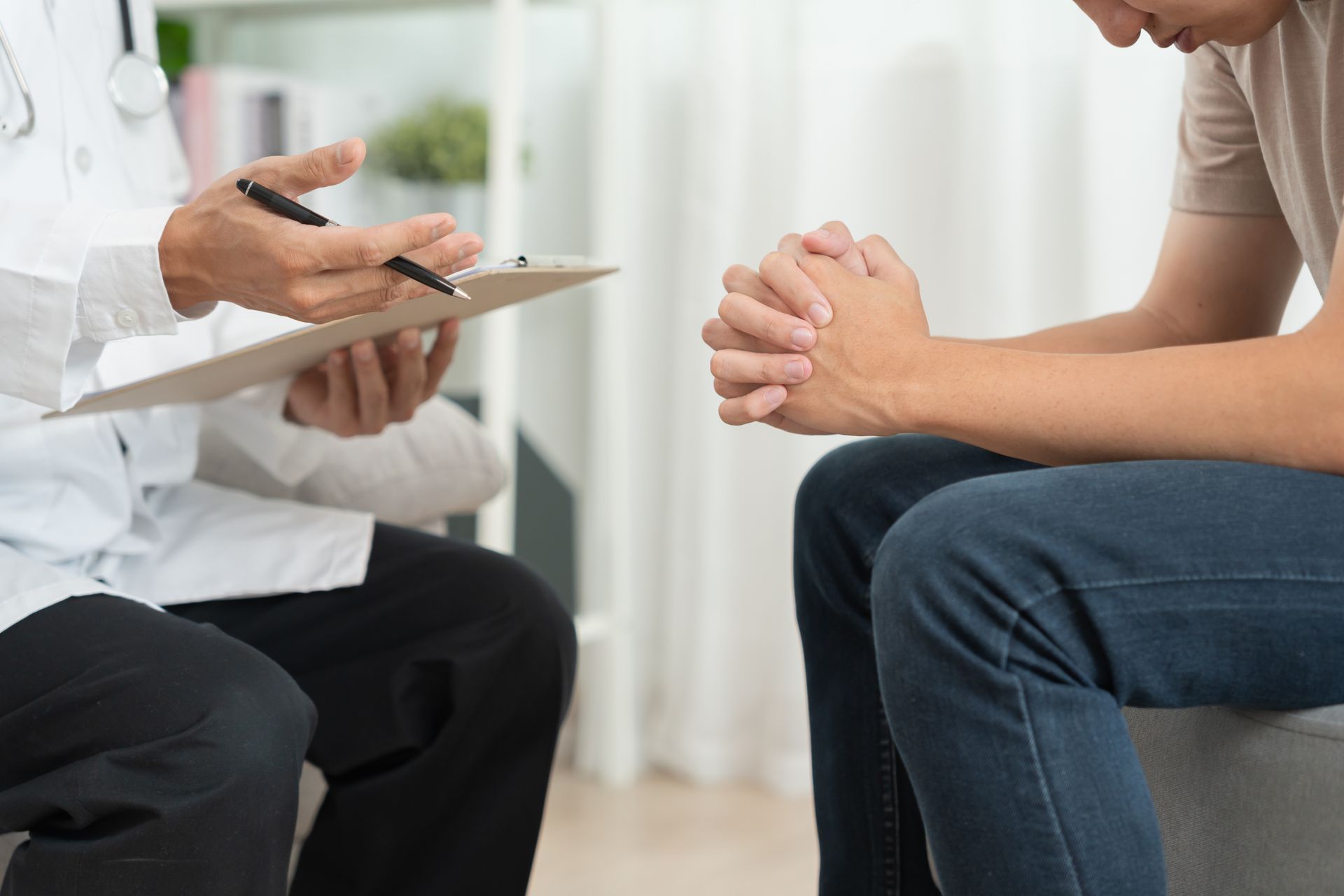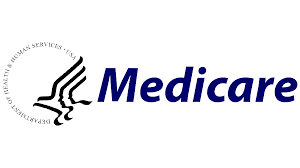New Patients Welcome. Message provider for free prior to scheduling visit.
Click Book Now to get started.
Now in-network with major insurance plans caring for your mental health is easier than ever with Virtual Psychiatric Care.
Virtual Psychiatric Care services offer access to convenient video and phone visits with experienced board-certified psychiatric licensed providers. Our providers are caring experts in their field, using integrative, holistic approaches to treat an array of mental health issues. Access affordable full psychiatric evaluations, individualized treatment planning, and medication management from the comfort and privacy of your home. We strive in providing excellent standards of care similar to an in-person visit.
Recent Blogs
Provider Map
Select your state to see if our services are currently available to you.
Virtual Care in Numbers
38x
Telehealth utilization has stabilized at levels 38x higher than pre-pandemic.
57%
of providers view telehealth more favorably than before COVID and 64% are more comfortable using it.
50%
Telehealth uptake varies by speciality, with the highest penetration in psychiatry at 50%.
Kind Words from Our Patients
Now accepting Medicare; Aetna; AvMed; Optum/UHC/UBH/Oscar/Oxford; GEHA; Cigna Evernorth; BCBS plans, Tricare, and more.














